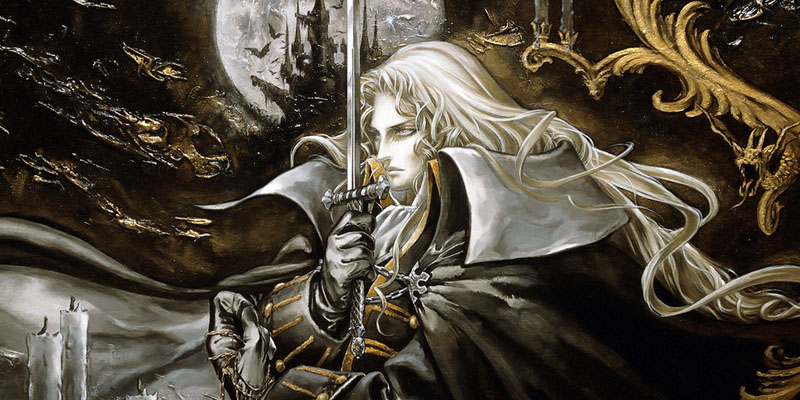Apparently there’s been a bit of drama surrounding the term “Metroidvania” recently. This has come mainly in the form of gaming journalism (you know, the hotbed of genius that is) saying that the term isn’t “accessible” to outsiders. or other crap related to how specific of a term it is in structure. I only even learned of this due to Jim Sterling doing a video on the topic yesterday (January 27th) and me deciding to check it out and, surprisingly, I saw that the issues being brought up for the term have nothing to do with what I see as the most glaring problem about it.

For the uninitiated, or those who just want a refresher, this term, a combination of the game series names “Metroid” and “Castlevania” refers to a type of game, most always a side-scrolling platformer (think Mario) with an “open” level design in which you often backtrack as you gain new equipment or abilities — like the “Metroid” game series. Usually an additional, although clearly not required aspect of this (which will become important later) is that the game involve fantasy elements, be it in setting or in RPG mechanics like leveling up and more varied equipment options being available, as in how Castlvenia: Symphony of the Night did things.
Symphony of the Night (SotN) is critical in this discussion, because it was the game that spawned the “Metroidvania” concept which originally simply refereed to SotN and some of the following Castlevania games which also kept its style.
That’s what I want to focus on here; a nuance that I think virtually everyone misses. At its core, the term was coined to refer to Castlevania games which played somewhat like Metroid, as SotN did and some, but not all following games continued — some, namely the portable ones, continued in this style, but the other half of the games played in virtually every style imaginable except like SotN.

The key factor was that the game was a Castlevania title which played like Metroid. That’s what the fusion of the two titles meant, and it worked… and then, it began to be used for other games which were similar, at least, at a glance.
That’s where I feel the term became misused, and where I have an issue with it. It’s now used to describe pretty much every game imaginable that fits the “Metroid style” bill, which doesn’t make sense – if the term is a portmanteau of Castlevania and Metroid, but is being used to describe a 3rd game, then would the game not have to be like Castlevania as well?
-10.jpg)
The irony is this is exactly how it’s defined by many — being a term for games that have both Castlevania and Metroid elements in it. The thing is, Castlevania wasn’t ever really the “key” factor to it — it was always the (then odd) nuance of Metroid elements thrown into otherwise different games that was the key factor.
To be fair, plenty are, but that’s due to people being fans of SotN and trying to create their own game in the same style, which is fine — I adore SotN to no end — but when a game is in no way like Castlevania, why is it still refereed to as “Metroidvania?” It makes no sense. It should be a “Metroid style” game, because that’s literally all it is. Even Castlevaia: Symphony of the Night was nothing more than a Metroid style Castlevania game.
The best example for this is a game called Axiom Verge, a title which is basically Metroid done in its own way. It’s got the same kind of sci-fi setting with a similar level flow and gameplay. It has virtually nothing that could be considered a “Castlevania” element, and yet it’s still called a “Metroidvania” game, which simply makes no sense to describe it as — It’s a Metroid style game. That’s all.

In my opinion, Metroidvania should only ever be used to refer to a Castlevania game that plays like Metroid, as opposed to the “classic” style. That’s how it was originally used as all my experience says, and sadly it seems to have been mistaken to refer to any game like that, and that misinterpretation stuck, and the term now, if anyone really ever thought about it, makes no actual sense in how it’s used. Castlevania has nothing to do with what makes a game classed a “metroidvania” and yet that’s the term being used to describe anything and everything that remotely is similar. Nuance be damned I guess, right?
The saddest thing is something I just learned while writing this entry, is that the term is being used even to describe virtually any game that has any “backtracking” in any form, such as Pitfall on the Atari 2600. That’s just fucking absurd if you ask me — more so than the already inaccurate usage of the term on contemporary games that have nothing to do with one genre or the other.
This just goes to show the depths of absurdity the gaming scene will dive to to classify things in ways that seem special and neat to them, when all they really do show no one has a damn clue what they are talking about and just follow whatever they see someone else doing.
